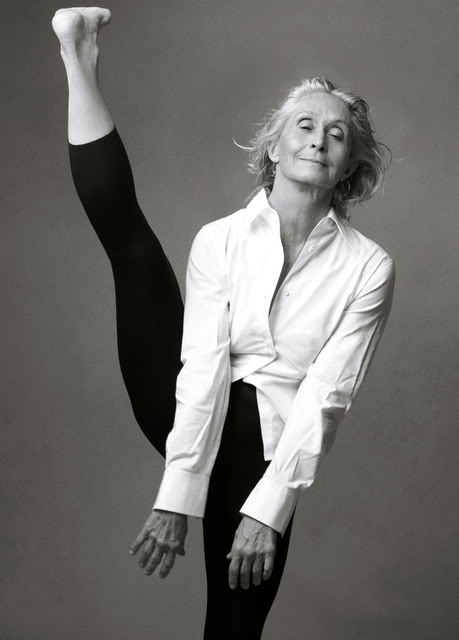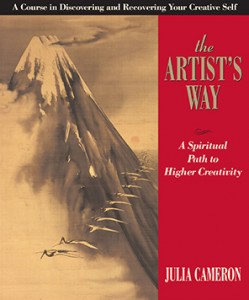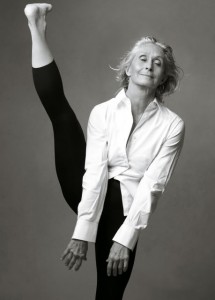It’s polling day here in London, and various other places around the country. I vote every single time I have the opportunity, clutching my black and white card and thinking about the Pankhursts, and Emily Davison, and the hunger strikers force fed in Holloway prison as I stride towards the polling booth.
Voting is a privilege women have had in this country for less than a hundred years. We should still be talking about it.
But today one of the first articles I read was another argument in the mothers versus not-mothers war that the press seems intent on inflaming. Having read Dr Worsley’s words (originally in the Radio Times), I’m not sure she was being sneery when she said she’d been ‘educated out of the natural reproductive function’ (I have a masters degree – was that not enough? should I have got a PHD?), in as much as she anticipated the (obvious and tiresome) question and developed a riposte (poor choice of words though, Lucy). If she’d been a man, it wouldn’t even be in the article.
Danuta Keane’s response (with inflammatory Mail headline) asks us to consider how much more political becoming a mother can make us, which is true (though not for all), and that the changes that having a child bring can be welcome, even if you’ve resisted them, even if you are educated. Even if they do, inevitably, turn you into a different person.
The key word being different, not better.
I am clearly not who I’d be if I hadn’t had my son, but then the person I would be wouldn’t know that, and wouldn’t mind (probably). Indeed, who knows what might have happened to that person in the last three years, and what changes might have been wrought? Imagine if we could meet each other, my other self and me. Would we argue with each other, try to plead our case for or against? And if so, why? Who is making us feel as if we have to justify this most personal of choices (and sometimes it isn’t a choice) one way or the other? Other women? Our culture? Society at large?
Because this is what has happened: it’s everybody’s business, and anyone can probe a woman about her reproductive status. Women who choose not to have children feel they have to justify that or be labelled as selfish. Women who haven’t been able to have children have to justify it while hiding their private sadness behind a veil. Women who have only one have to justify that or be labelled as selfish. Women who have more than one are never allowed to complain about the difficulties of marshalling toddlers, keeping a house and possibly a career. Women who work have to justify that as well as fight for their right to work part-time, or full time or from home. Women who choose not to return to work have to justify that because otherwise what was feminism about. Women who have larger families have to justify that or be labelled a drain on the planet’s resources.
Why are we doing this to each other? When did we stop looking at everything else that was happening to women?
When I was growing up we still talked about whether you should say ‘chairperson’ rather than ‘chairman’, ‘ms’ instead of ‘miss’. Somewhere in the last twenty years, because things got a little bit better, we assumed the battle was won, and we stopped talking about it. We just assumed we could say anything we liked, be anything we liked, do anything we liked. And yes, it’s truer than it has ever been, but only for some of us.
Recently unemployment went up again, and it went up most sharply for women. Job losses in the public sector disproportionately affect women because they make up around 65% of the workforce (more in some sectors). Older women are losing their jobs at a time when they are running out of time to make pension contributions, ensuring their poverty will linger for decades more. The cuts to tax credits and benefit changes will adversely affect women more than men. Women are more likely to be in part-time and lower paid jobs, in part because they are trying to juggle with other responsibilities, like childcare, or caring for elderly parents, but also partly because women are still paid less than men. Here are some figures from the Fawcett Society:
- The full-time gender pay gap between women and men is 14.9 per cent
- The pay gap varies across sectors and regions, rising to up to 55% in the finance sector and up to 33.3% in the City of London
- 64% of the lowest paid workers are women, contributing not only to women’s poverty but to the poverty of their children
- There are almost four times as many women in part-time work as men. Part-time workers are likely to receive lower hourly rates of pay than full-time workers.
Isn’t it time we stopped squabbling about whether wombs are good or not, and talked together about some of this other stuff?
For the last word on the kids debate, I leave you with Stella Duffy, who writes wisely and compassionately. Now go on and vote.
(Deep apologies for linking to the Daily Mail, by the way. It couldn’t be helped.)


